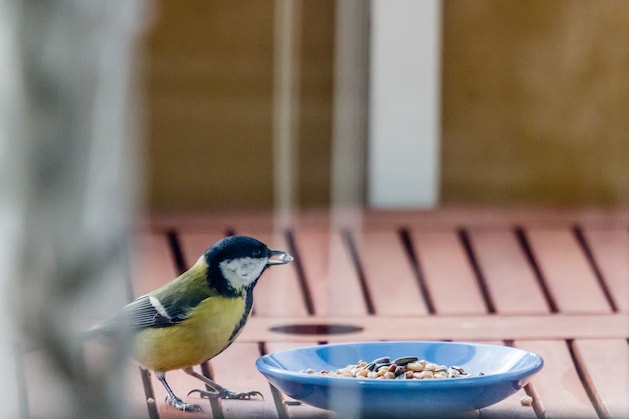Since many people don’t have a garden, they feed birds on the balcony instead. But what should you keep in mind as a tenant?
Feeding birds on the balcony is generally permitted and is not legally considered a “contravention of the contract”, so neither landlords nor neighbors can prohibit this without good reason. Tenants are also permitted to set up or hang birdhouses on the balcony.
An important exception, however, is feeding pigeons and larger wild birds such as crows or seagulls. Feeding pigeons should be avoided above all because excessive contamination could result and the associated impairment of other residents of the house. These bird species are also considered to be particularly loud. Violations can result in serious consequences such as warnings or terminations.
Pigeon droppings can contain pathogens such as fungi, bacteria and yeast. After excretion by the pigeon, the feces are released into the air. People can absorb these substances through the respiratory tract and suffer respiratory diseases. Pigeons can also be infected with parasites and their droppings are corrosive, so that house facades are attacked.
Of course, other birds can also transmit diseases and their droppings also contain uric acid, which is corrosive. However, feeding pigeons is particularly questionable because there are so many pigeons. By avoiding feeding pigeons, the population size is kept at as natural a level as possible.
To keep pigeons away from the feeding areas, you can use feeding poles that are so small that pigeons cannot fit on them. Alternatively, you can install feeders with small access, hanging suet balls, or surround the classic feeders with wire mesh.
Although tenants are allowed to feed their feathered friends, there are still rules that are intended to ensure peaceful coexistence with all residents. Any feeding stations must not lead to unreasonable pollution.
This can lead to conflicts, especially if leftover food or bird droppings fall onto neighboring balconies. So make sure that the bird house or feeder does not protrude beyond the balcony armor to avoid food and dirt falling down.
Also rely on high-quality food without fillers. This is better for the birds and at the same time causes less dirt because the birds do not have to sort out the food. A drip tray under the feeding area can also prevent dirt.
To make your balcony even more bird-friendly, you can grow climbing plants in which birds can ideally find a nesting place. Nesting boxes can also be installed. When feeding, observe which birds visit your balcony particularly often and choose the nesting boxes accordingly. It is important that the boxes do not hang in the blazing sun.
Attention: The permanent and permanent installation of nesting boxes or plants in which birds can nest should definitely be clarified with the landlord in advance in order to avoid conflicts or misunderstandings.















